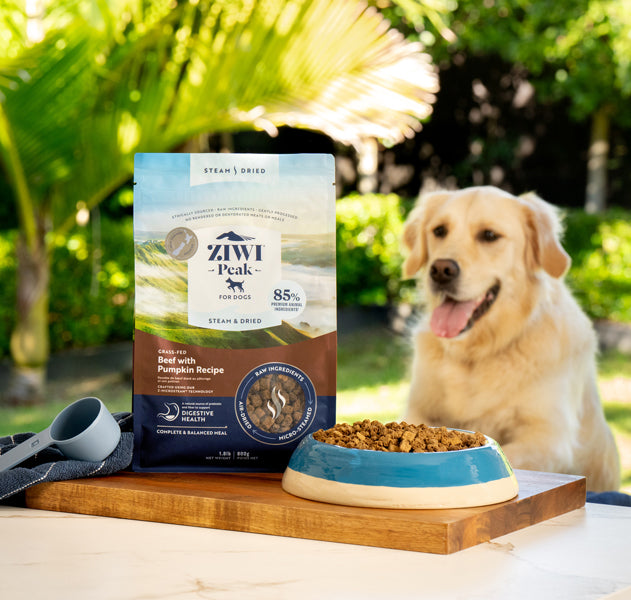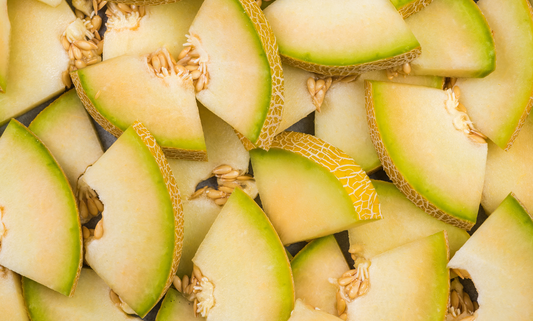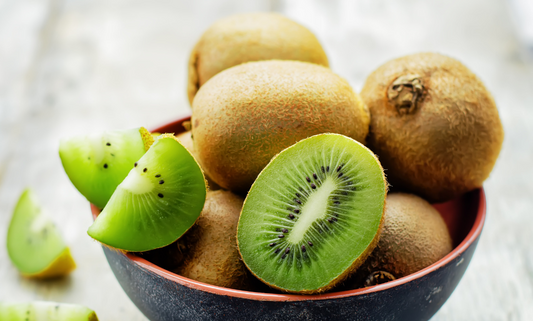
Dogs are natural scavengers, eating anything and everything in sight. This can cause the occasional bout of flatulence. We take a closer look below to help you get to the bottom of the issue and find them a better diet.
What causes a dog to fart excessively?
Dogs are inherently carnivorous and aren’t well-built to digest carbohydrates. They often lack the digestive enzymes needed to break down fibers, potatoes and grains, causing fermentation in the intestine, which leads to excessive gas.
Do you have a dog with gas and should you be concerned?
If your dog is farting than usual, and it’s becoming the new norm, it could be a sign of a more serious issue. These include pancreatic or intestinal diseases, parasites, or inflammatory bowel disease. Emotional distress can also cause digestive problems in dogs. Talk to your vet if you’re worried, especially if you notice your dog is restless, in pain, vomiting or has chronic diarrhea.
What are some solutions to dial down flatulence?
Feeding: Feed your dog one, two, or up to three times a day, but don’t allow free feeding. Look to use enrichment toys (like KONG) and slow feeders to encourage licking, chewing and lengthening their mealtime.
Exercise: Flatulence can be a symptom of jumping, running and playing on a full belly, so moderate your dog’s exercise before and after eating.
Diet: Many pet food brands use less digestible sources of protein and fillers like grains (carbs) and sugar, all of which can increase flatulence.
Dog food for gassy dogs
A biologically appropriate diet made of high-quality, free-range ingredients can eliminate this problem. ZIWI Peak Tripe & Lamb air-dried recipe and canned food are great options for dogs that might have gut sensitivities.
Remember, when transitioning your dog to a new food, it can also cause them to pass gas as they adjust.
Dr. Elissa Marriott, BVSc, CVA(IVAS) – Testimonial On Digestive Health
"I spend a great deal of my professional life working with clients that have animals with very complicated health pictures. The very first treatment protocol I start with is diet; you are what you eat, and nutrition is what you absorb, so let food be thy medicine and medicine be thy food. And ZIWI Peak is undoubtedly a better place to start.
We supplement Tuppy’s raw-meat-based diet with ZIWI Peak regularly. She is very enthusiastic about the product, and she loves the taste, the smell and texture. Her stools are consistent in color and texture without too much smell."
Sources:
- "Flatulence & Digestion Whole Dog Journal" by Gregory Tilford.
- https://healthypets.mercola.com/sites/healthypets/archive/2019/04/21/why...
- https://www.whole-dog-journal.com/health/digestion/the-canine-digestion-...
- https://www.petmd.com/dog/nutrition/7-interesting-facts-about-your-dogs-...









